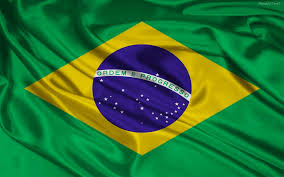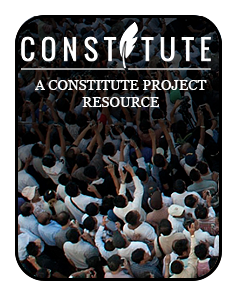Location
Following more than three centuries under Portuguese rule, Brazil gained its independence in 1822, maintaining a monarchical system of government until the abolition of slavery in 1888 and the subsequent proclamation of a republic by the military in 1889. Brazilian coffee exporters politically dominated the country until populist leader Getulio VARGAS rose to power in 1930. By far the largest and most populous country in South America, Brazil underwent more than a half century of populist and military government until 1985, when the military regime peacefully ceded power to civilian rulers. Brazil continues to pursue industrial and agricultural growth and development of its interior. Having successfully weathered a period of global financial difficulty in the late 20th century, Brazil was seen as one of the world’s strongest emerging markets and a contributor to global growth. The awarding of the 2014 FIFA World Cup and 2016 Summer Olympic Games, the first ever to be held in South America, was seen as symbolic of the country’s rise. However, since about 2013, Brazil has been plagued by a shrinking economy, growing unemployment, and rising inflation. Political scandal resulted in the impeachment of President Dilma ROUSSEFF in May 2016, a conviction that was upheld by the Senate in August 2016; her vice president, Michel TEMER, will serve as president until 2018, completing her second term.
Brazil is a federal presidential republic.
Source: CIA World Factbook
Members:
Resources
Displaying 11 - 15 of 180Lei No. 11977 de 7 de Julho de 2009
Lei No. 11977 de 7 de Julho de 2009
Constitution of Brazil 1988 (rev. 2017)
The constitution was drafted and promulgated by a National Constituent Assembly.
Lei No. 6.766 de 19 de Dezembro de 1979
Lei No. 6.766 de 19 de Dezembro de 1979
Act No. 4.504/1964 regulating rights and obligations regarding rural real estates in order to implement the Agricultural Reform and to promote the Agricultural Policy
This Act regulates the rights and obligations regarding rural real estates in order to implement the Agricultural Reform and to promote the Agricultural Policy. It is divided into 4 Parts composed of various Chapters.Part 1 is divided as follows: Principles and definitions (chap. I), defining types of agricultural land, associations, companies, cooperatives, etc.; Agreements (chap. II), laying down agreements between the agricultural Federal agents and the Brazilian Institute for Agricultural Reform which shall represent the central Government; Chapter III concerns (a) Public (sect.
The Law of Expropriation for Public Utility, Decree-Law No. 3.365 of June 21, 1941
Art. 1 A desapropriacao por utilidade publica regular-se-a por esta lei, em todo 0 territ6rio nacional.
Art. 2 Mediante declaracao de utilidade publica, todos os hens poderao ser desapropriados pela Uniao, pelos Estados, Municfpios, Distrito Federal e Territories.
§ I A desapropriacao do espaco aereo ou do sub-solo so se tornara necessaria, quando de sua utilizacao resultar prejufzo patrimonial do proprietario do solo.




